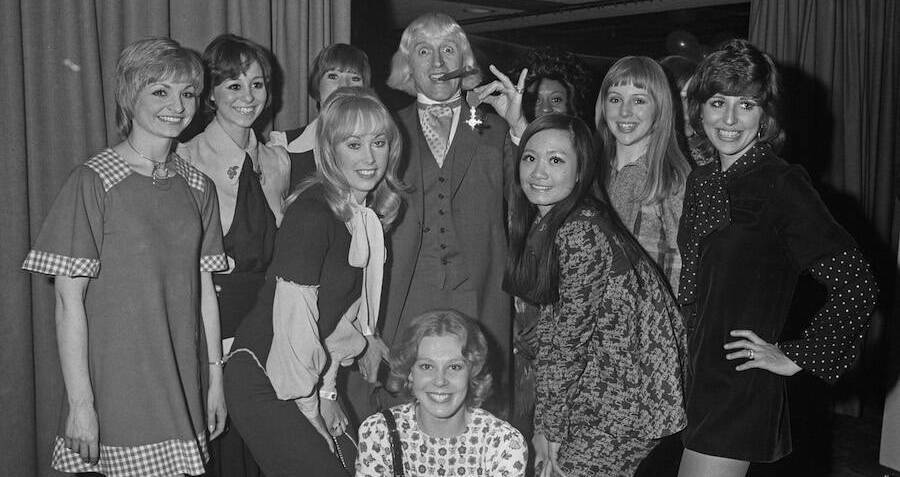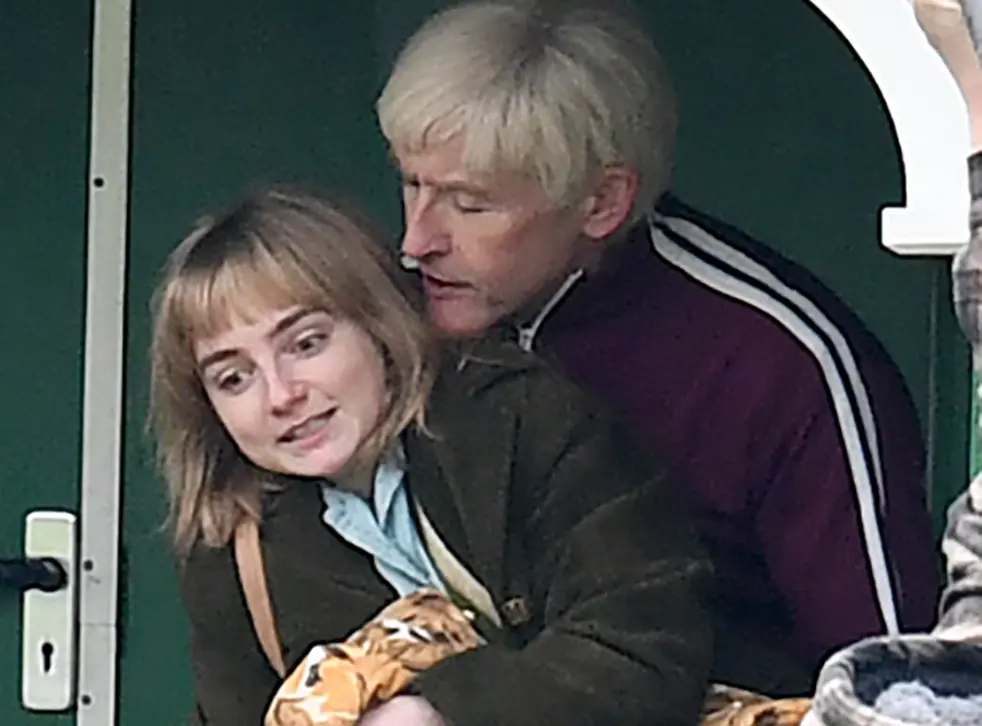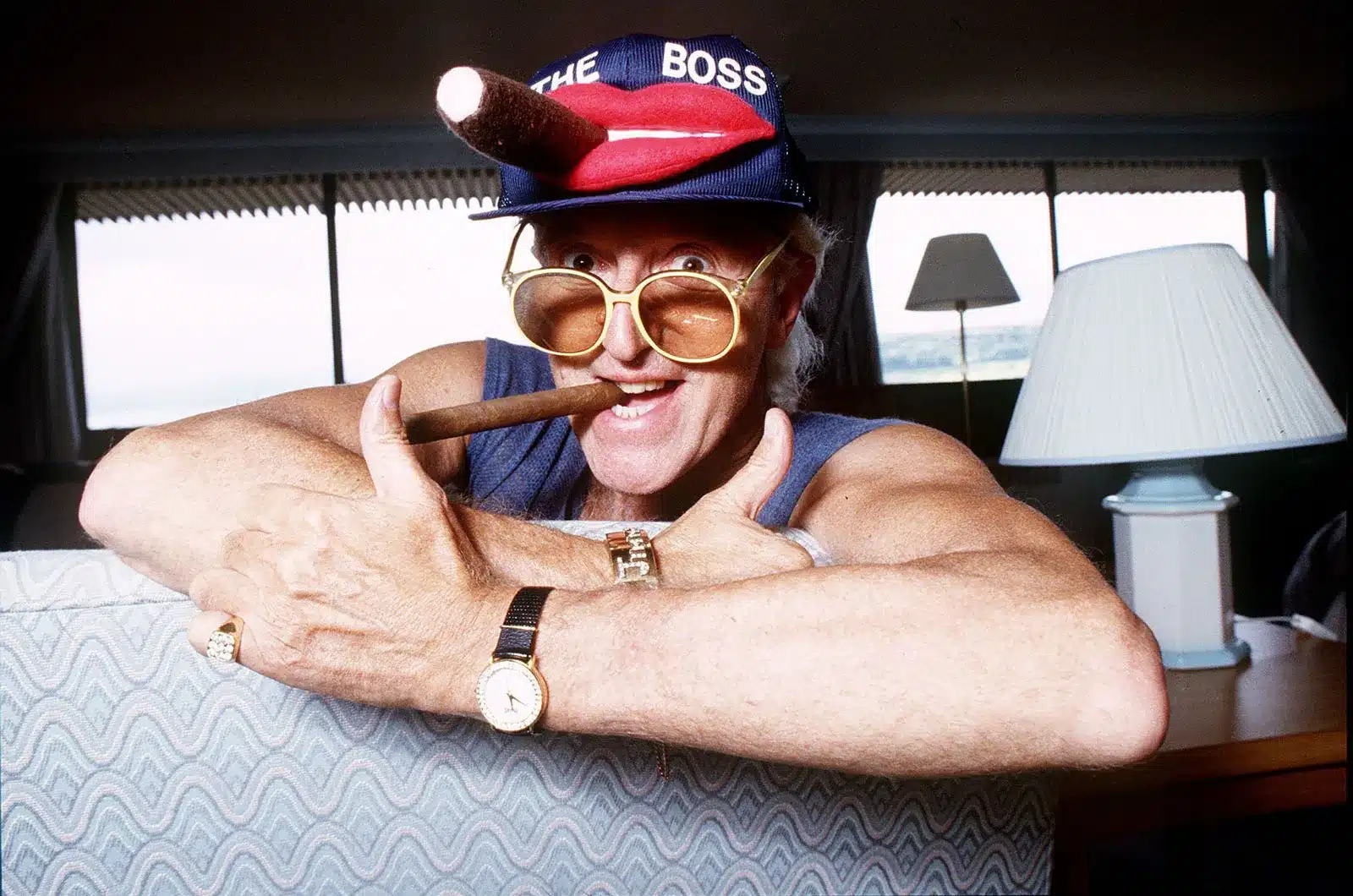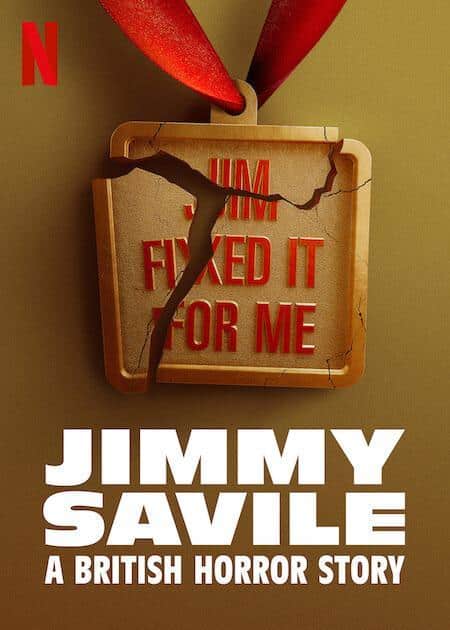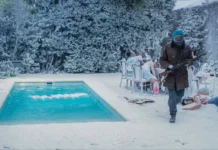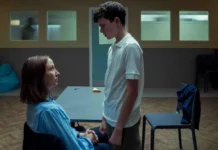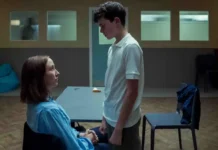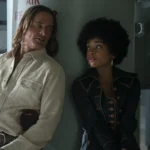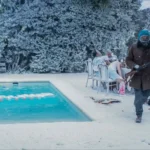Jimmy Savile Biography
Sir James Wilson Vincent Savile OBE KCSG was a British DJ, television, and radio personality who hosted series for the BBC such as Top of the Pops and Jim’ll Fix It. Savile was widely lauded for his personal characteristics and as a fund-raiser during his lifetime, having raised an estimated £40 million for charity.
Hundreds of complaints of sexual abuse were filed against him after his death, leading authorities to believe he was a predatory sex offender, potentially one of the most prolific in the UK. During his lifetime, there had been allegations, but they were disregarded, and accusers were ignored or dismissed. Some of the accusers were taken to court by Savile.
Savile worked as a Bevin Boy in coal mines as a teenager during WWII and reportedly suffered spinal damage. He began his career spinning records in dance halls and then managing them. He is credited with being the first disc jockey to employ twin turntables to keep the music playing continuously. He was a professional wrestler in his twenties and ran marathons until he was in his late eighties.
Recommended: Where is Jimmy Savile’s Producer ‘Roger Ordish’ Today?
He began his media career as a disc jockey for Radio Luxembourg in 1958 and Tyne Tees Television in 1960, gaining a reputation for eccentricity and flamboyance. He hosted the first edition of Top of the Pops for the BBC in 1964, and it was broadcast on Radio 1 from 1968. From 1975 through 1994, he hosted Jim’ll Fix It, a Saturday morning television show in which he fulfilled the requests of viewers, most of whom were children.
During his lifetime, he was recognised for fund-raising and supporting charities and hospitals, including Aylesbury’s Stoke Mandeville Hospital, Leeds General Infirmary, and Berkshire’s Broadmoor Hospital. He was honoured for his charitable work in 2009 by The Guardian, who described him as a “prodigious philanthropist.” In 1971, he received the OBE, and in 1990, he was knighted. He hosted the final episode of Top of the Pops in 2006.
An ITV programme examining charges of sexual assault by Savile aired in October 2012, over a year after his death. This resulted in widespread media coverage and a large and fast-expanding collection of witness accounts and sexual assault claims, including accusations of cover-up or failure of duty against public organisations.
Scotland Yard opened a criminal investigation into allegations of child sex abuse against Savile, describing him as a “predatory sex offender,” and later stated that they were pursuing more than 400 lines of inquiry based on the testimony of 300 potential victims through 14 police forces across the UK. The controversy had prompted inquiries or reviews at the BBC, the National Health Service, the Crown Prosecution Service, and the Department of Health by late October 2012.
Investigations into Savile’s activities at 28 NHS facilities, including Leeds General Infirmary and Broadmoor psychiatric hospital, determined in June 2014 that he had sexually assaulted employees and patients aged 5 to 75 over a period of decades.
Must See: Web of Lies: The Child Network – Where are Nicole and Calvin Eason Now?
Jimmy Savile’s Sexual Abuse
Accusations levelled against him during his lifetime
Several allegations of child abuse were made against Savile throughout his lifetime, dating back to 1963, but they were only extensively publicised after his death. On Jim’ll Fix, Savile stated the secret to his success. He had previously stated that he detested children, though he later revealed that he had said this to draw attention away from his personal life.
He claimed he didn’t have a computer because he didn’t want anyone to think he was downloading child pornography. In his autobiography As It Happens (1974, reissued as Love is an Uphill Thing, 1976), he admits to inappropriate sexual behaviour that he claims went undiscovered during his lifetime.
In an October 1978 interview with BBC Radio 1, former Sex Pistols and Public Image Ltd vocalist John Lydon referred to immoral conduct by Savile, as well as the suppression of generally acknowledged knowledge about such action. According to Lydon: “I’d like to assassinate Jimmy Savile because I believe he is a hypocrite. I’m sure he’s involved in all kinds of nefarious activities that we all know about but aren’t permitted to discuss. I’m aware of some rumours.” “I’m sure none of this will be allowed out,” he added.
The BBC cut the comment before broadcasting, as expected, but the entire interview was included as a bonus track on a re-release of Public Image Ltd’s 1978 debut album Public Image: First Issue in 2013, after Savile’s death. Lydon clarified on his original comment in October 2014, saying: “By slain, I meant imprisoning him and preventing him from abusing children… I’m appalled by the media’s pretence of ignorance.”
Lynn Barber of The Independent on Sunday confronted Savile about rumours that he enjoyed “young girls” in a 1990 interview. “The young girls in question don’t gather around me because of me – it’s because I know the people they love, the stars… I am of no interest to them,” Savile responded, explaining that because he worked in the pop music industry, “the young girls in question don’t gather around me because of me – it’s because I know the people they love, the stars… I am of no interest to them.”
Savile acknowledged “salacious tabloid people” had sparked rumours about whether he was a paedophile in an April 2000 documentary by Louis Theroux, When Louis Met… Jimmy, and remarked, “I know I’m not.” Louis Theroux: Savile, a follow-up documentary regarding Savile and Theroux’s reluctance to go deeper, aired on BBC Two in 2016.
In 2007, Savile was questioned under oath by police investigating an accusation of indecent assault at the now-defunct Duncroft Approved School for Girls near Staines, Surrey, where he was a frequent visitor in the 1970s. The Crown Prosecution Service advised in October 2009 that there was insufficient evidence to pursue any further action, and no charges were filed.
In March 2008, Savile filed a lawsuit against The Sun, which had linked him to child abuse at the Jersey children’s home Haut de la Garenne in many pieces. He initially denied visiting Haut de la Garenne, but after the publishing of an image of him at home surrounded by children, he eventually confessed it.
According to the States of Jersey Police, an allegation of Savile’s indecent assault at home in the 1970s was investigated in 2008, but there was insufficient evidence to prosecute.
Savile defended child pornography watchers, including pop icon and convicted sex offender Gary Glitter, in a 2009 interview with his biographer. He argued that viewers should be paid attention to “Gary… has not tried to sell ’em, not tried to show them in public or anything like that,” he said, referring to Glitter as a celebrity unfairly vilified for watching “dodgy films” in the privacy of his own home: “Gary… has not tried to sell ’em, not tried to show them in public or anything like that.”
It was all for his own amusement. Of course, whether it was right or wrong is up to him as a person.” The interview was never made public, and the recording was only made public after Savile’s death.
Sir Roger Jones, a former BBC governor for Wales and chairman of the BBC charity Children in Need, revealed in 2012 that he had barred the “extremely weird” and “scary” Savile from engagement in the organisation more than a decade before his death. Although no reports had been made, former royal family press secretary Dickie Arbiter said Savile’s behaviour raised “alarm and suspicion” when he functioned as an informal marriage consultant between Prince Charles and Princess Diana in the late 1980s.
Savile would “make the rounds of the young girls taking their hands and rubbing his lips all the way up their arms” during his regular visits to Charles’s office at St James’s Palace, according to Arbiter.
Sexual Abuse After Jimmy Savile’s Death
The BBC’s Newsnight show launched an inquiry into accusations that Savile was a sexual abuser shortly after his death. One victim was interviewed on camera by Meirion Jones and Liz MacKean, and others volunteered to have their stories aired. The interviewees said they had been abused at a Duncroft authorised girls’ school in Staines, Stoke Mandeville Hospital, and the BBC. Surrey Police have also investigated complaints of abuse against Savile, according to Newsnight. The item was set to be on Newsnight on December 7, 2011, but was cancelled before it could air; the BBC showed two tributes to Savile during the Christmas season of 2011.
The decision not to air the Newsnight investigation was regarded as “flawed” by an assessment headed by Nick Pollard of the BBC’s handling of the subject in December 2012. According to the report, Jones and MacKean discovered “convincing evidence” that Savile was an abuser. The evaluation portrayed George Entwistle, the Director of BBC Vision at the time, as “unnecessarily cautious, and an opportunity was wasted” after being informed of the plan to show the Newsnight story.
The Newsnight investigation into Savile received no public attention in December 2011. Still, numerous publications claimed in early 2012 that the BBC had examined but not published (its report of) allegations of sexual abuse immediately after his death. The BBC, according to the Oldie, was involved in a cover-up.
ITV announced on September 28, 2012, almost a year after his death, that it would air a documentary called The Other Side of Jimmy Savile as part of its Exposure series. The programme, hosted by Mark Williams-Thomas, a consultant on the original Newsnight investigation, featured claims by up to ten women, one of whom was under the age of 14 at the time, that Savile had assaulted or raped them during the 1960s and 1970s. The declaration drew widespread attention, and fresh stories and allegations of abuse against him piled up. The documentary aired on October 3. The Metropolitan Police said the claims would be investigated by the Child Abuse Investigation Command the next day.
The escalating issue prompted investigations into the BBC and the National Health Service. Rumours of Savile’s activities were said to have spread around the BBC in the 1960s and 1970s, but no action was taken. Former High Court judge Dame Janet Smith was appointed to review the BBC’s culture and practises during the time Savile worked there, and Nick Pollard, a former Sky News executive, was appointed to look into why the Newsnight investigation into Savile’s activities was dropped shortly before transmission in December 2011.
Recommended: Is Lifetime’s Scary Movie ‘Cruel Instruction’ Based on A True Story?
By October 19, 2012, 14 police agencies throughout the UK were exploring 400 lines of enquiry based on testimony from 200 witnesses. They called the alleged abuse as “unprecedented in scope,” with a “staggering” number of possible victims. The Metropolitan Police launched Operation Yewtree investigations to discover criminal activity relating to Savile’s activities and to evaluate the Crown Prosecution Service’s decision to abandon a prosecution as “unlikely to succeed” in 2009. The number of probable victims had risen to almost 300 on October 25, according to authorities.
The BBC’s Panorama show aired an investigation into Newsnight on October 22, 2012, and discovered evidence of “senior manager” pressure; on the same day, Newsnight editor Peter Rippon “stepped down” with immediate effect. Former barrister Kate Lampard has been nominated to chair and manage the Department of Health’s investigations into Savile’s actions at Stoke Mandeville Hospital, Leeds General Infirmary, Broadmoor Hospital, and other hospitals and facilities across England.
The Metropolitan Police claimed on November 12, 2012, that the number of sexual claims levelled against Savile was “unprecedented” in Britain, with 450 alleged victims contacting the police in the 10 weeks since the inquiry began. Officers found Savile to be a suspect in 199 offences across 17 police force regions, including 31 rape claims in seven. According to the research, 82 percent of those who came forward to report abuse were women, and 80 percent of those who came forward to report abuse were children or young people at the time of the incidents. Savile was known to be pals with the senior mortician, who provided him near-unrestricted access to the Leeds General Infirmary morgue, according to one former Broadmoor nurse.
The Jimmy Savile Investigation was shown on ITV on November 21, 2012. Her Majesty’s Inspectorate of Constabulary reported in March 2013 that 214 of the complaints lodged against Savile after his death would have been criminal offences if recorded at the time. Sixteen victims said Savile raped them when they were under the age of 16 (the legal age of heterosexual consent in England), with four of them being under the age of ten. Thirteen others, including four children under the age of ten, claimed serious sexual attacks by Savile. After the age of 16, ten more victims reported being raped by Savile.
Giving Victims a Voice, a collaborative study by the NSPCC and the Metropolitan Police, stated in January 2013 that 450 people had made accusations against Savile, with the alleged abuse spanning the years 1955 to 2009 and the complainants ranging in age from 8 to 47 at the time of the assaults. The suspected victims included 28 youngsters under the age of ten, including ten eight-year-old males. A further 63 girls aged 13 to 16 were among his accused victims, with nearly three-quarters of his alleged victims being under the age of 18. There were 214 criminal offences registered, with 34 rapes reported across 28 police departments.
Adrian Street, a former professional wrestler, stated in a November 2013 interview how “Savile used to wax poetic about the young ladies that would line up outside his dressing room to see him… He’d choose the ones he wanted and tell the others, ‘Unlucky, come back tomorrow night.'” During a 1971 battle with Street, Savile, who maintained a “tough guy” persona pushed by his entourage, was hit with actual blows. Street said that if he had “knew then the entire depth of what I know about [Savile] today, I’d have given him an even larger hiding, were it physically possible.”
Robert Armstrong, the head of the Honours Committee, was alleged to have blocked Margaret Thatcher’s attempts to award Savile a knighthood in the 1980s due to concerns about his private life during the Independent Inquiry into Child Sexual Abuse in March 2019. “Reports of a paedophilia kind” could emerge regarding Savile, according to an anonymous letter received by the committee in 1998.
Former BBC broadcaster Mark Lawson wrote about his many interactions with Savile, as well as hearing about his abuse and reported necrophilia from several BBC workers not at the top level, in 2022. Lawson came to an end.
Jimmy Savile: A British Horror Story – Netflix Documentary
Jimmy Savile: A British Horror Story, a new two-part documentary premiering April 6, reexamines Britain’s most acclaimed — and hated — DJ and TV host more than a decade after his death.
Savile was widely reviled as the truth came to light after his death. Headstones and landmarks that intended to memorialise his life were removed, and his pop-culture image was recreated. Savile’s name might still elicit rage and resentment a decade later. Many people still wonder how he got away with so much for so long.
Journalist Andrew Neil claims in the programme that the BBC made a mistake by not broadcasting Ward’s story on Savile: “We should have got this guy.” The programme now aims to explore what happened after the numerous victims of Savile’s assault came forward.
A national treasure turned nightmare, JIMMY SAVILE: A BRITISH HORROR STORY tells the story of Jimmy Savile's meteoric rise to fame and the horrors he kept hidden. Now streaming on Netflix. pic.twitter.com/MHzVqCBXkQ
— NetflixFilm (@NetflixFilm) April 6, 2022
Stream Jimmy Savile: A British Horror Story on Netflix.



